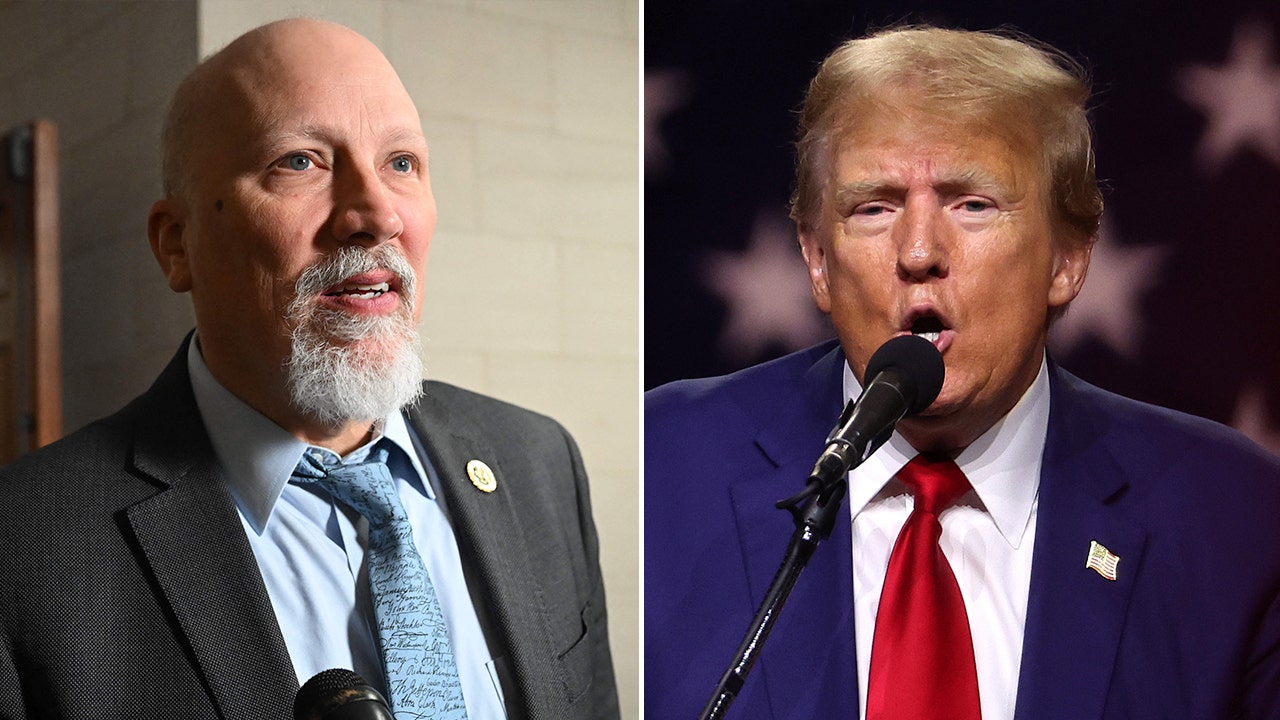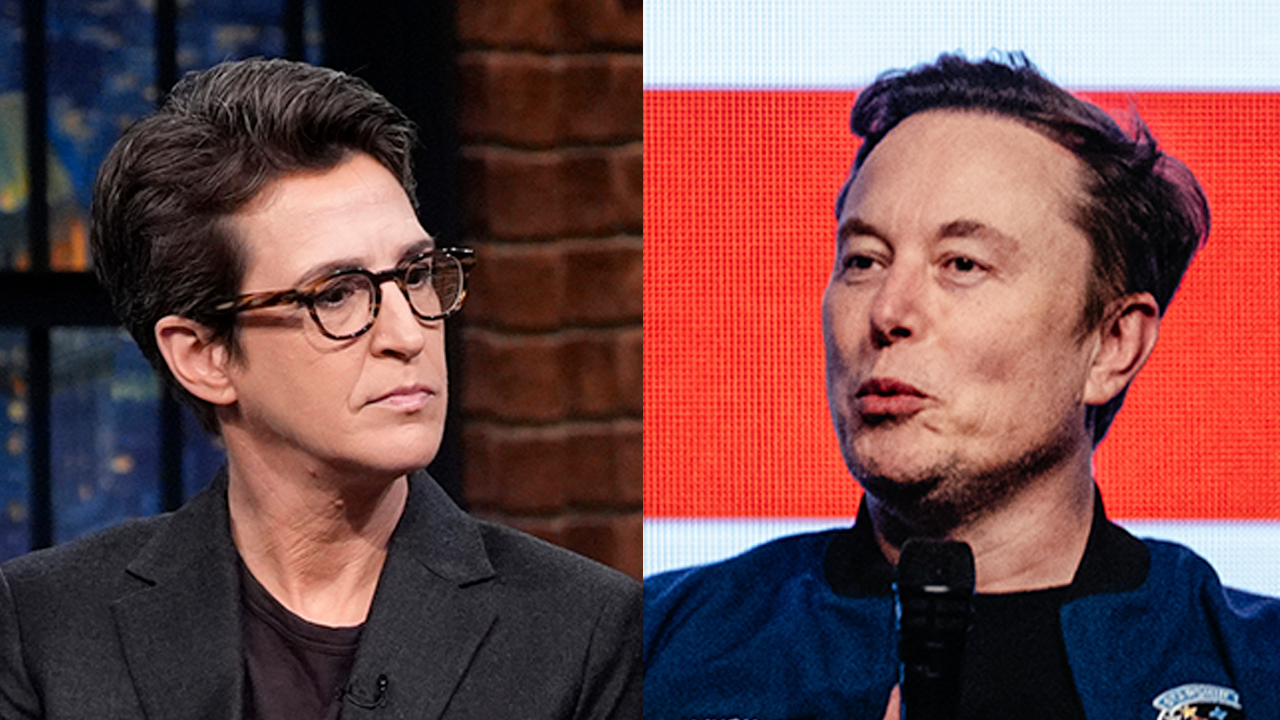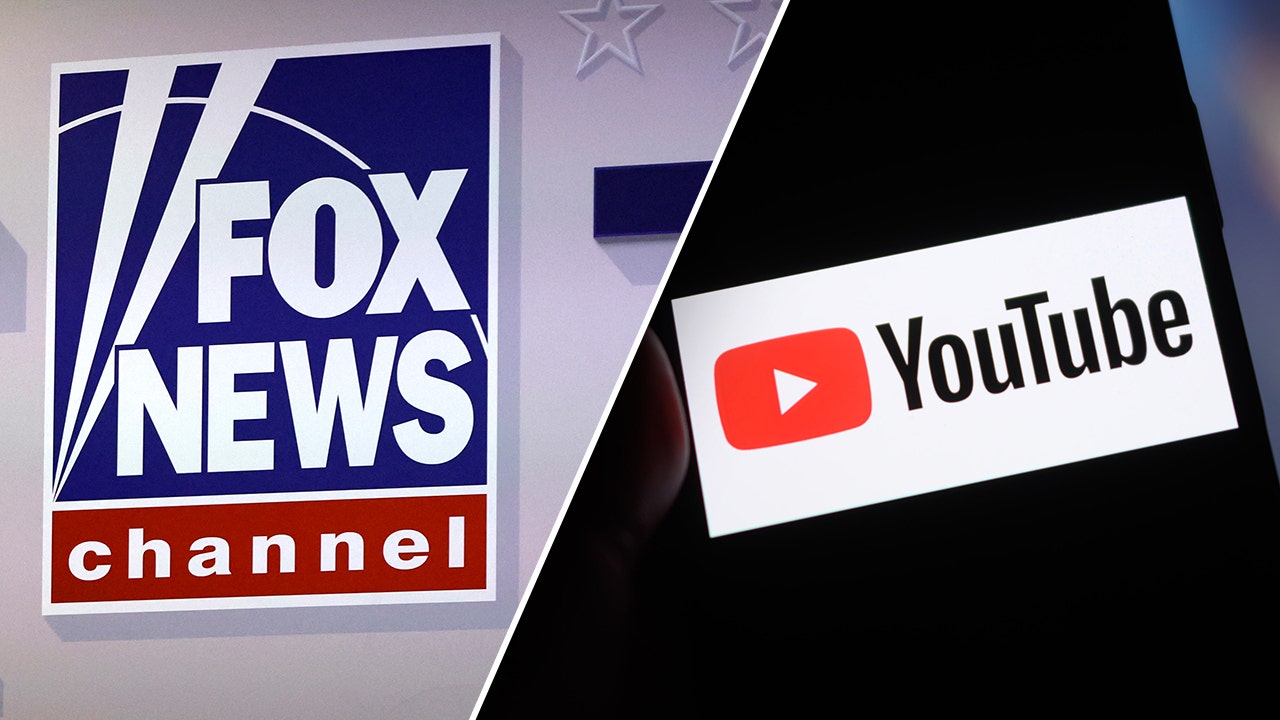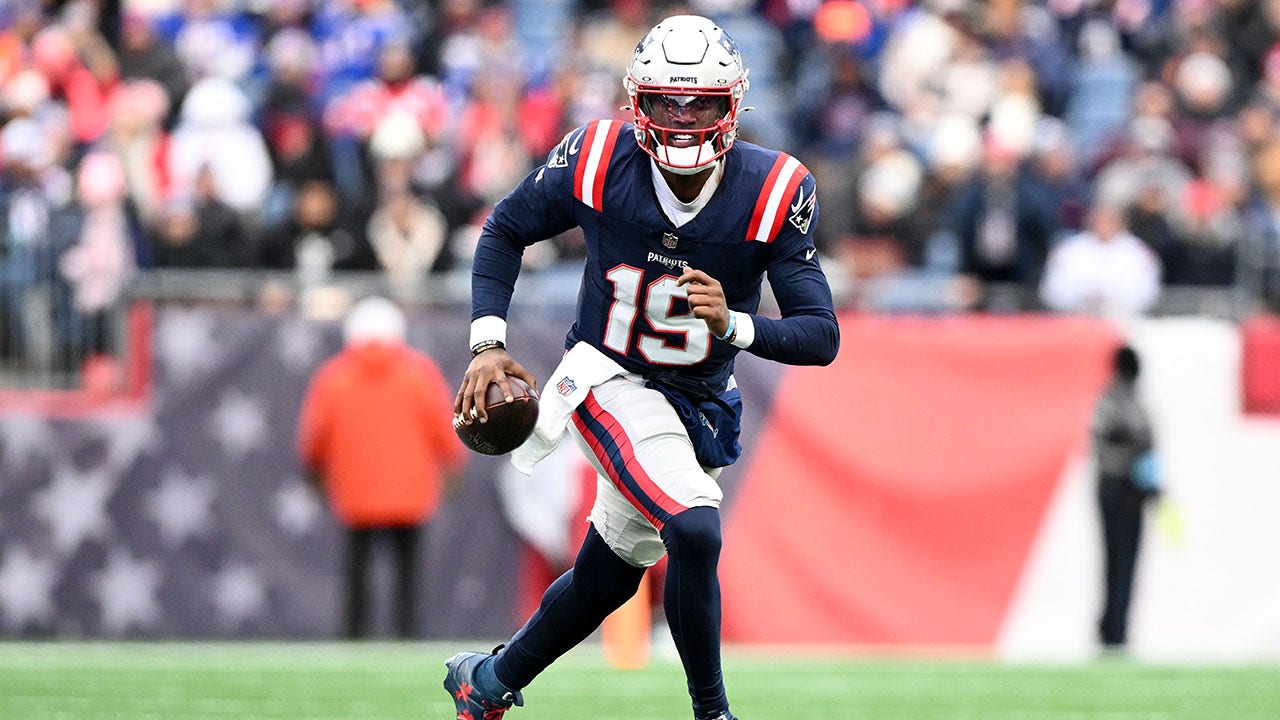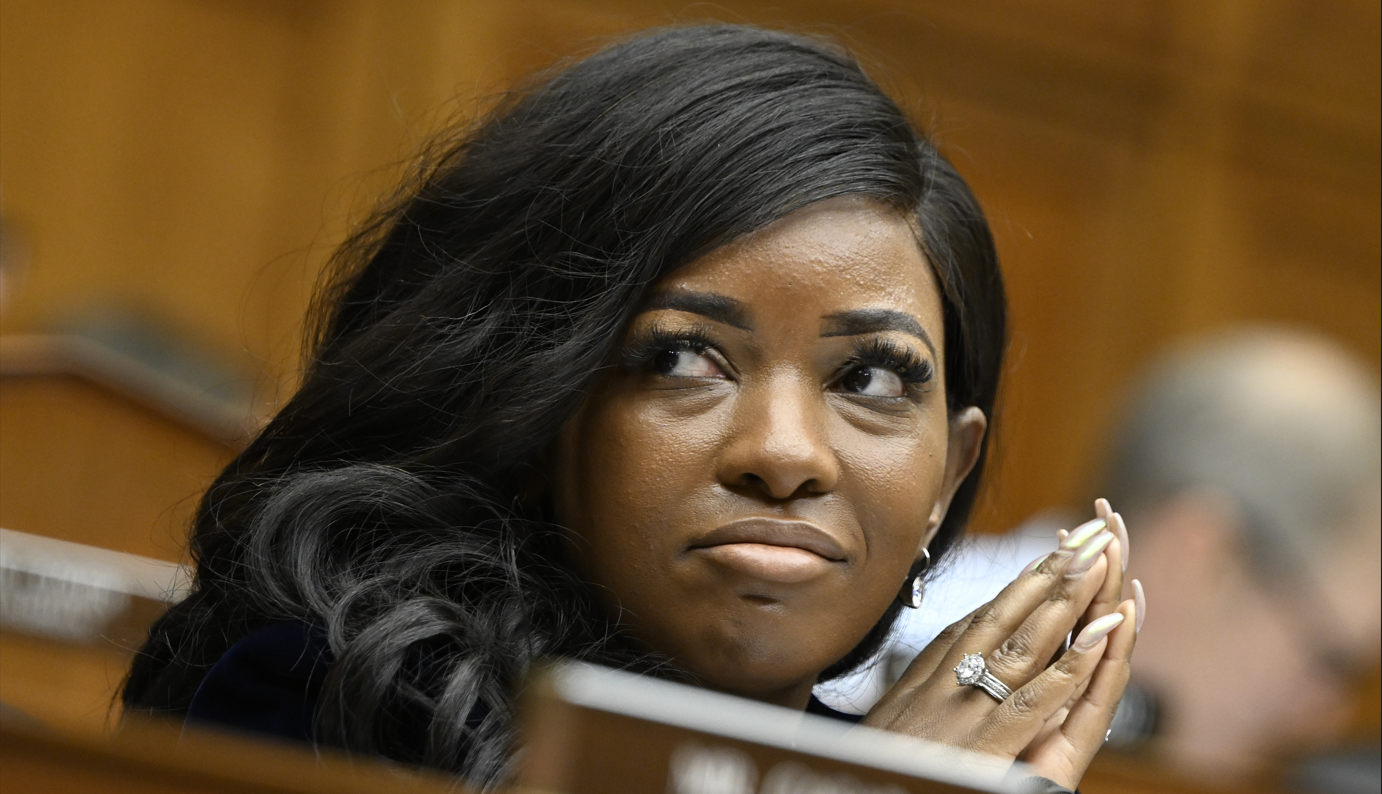Sugar substitutes are readily available in restaurants throughout the country — but they may be confusing the brain and make people "feel" hungrier than they really are, a new study suggests.
Sucralose – a widely used sugar substitute – increases activity in the hypothalamus, an area of the brain that regulates appetite and body weight, according to a recent study from the University of Southern California's Keck School of Medicine.
The study was published in the journal Nature Metabolism.
'DESSERT STOMACH' LIVES IN YOUR BRAIN, SAY SCIENTISTS
"Particularly in individuals with obesity, sucralose caused a significant activation of that brain area – and that was linked to greater ratings of hunger," Dr. Katie Page, director of the USC Diabetes and Obesity Research Institute and co-author of the study, told Fox News Digital.
Page, an endocrinologist, said there have been plenty of discrepancies when it comes to noncaloric sweeteners and whether they're helpful or harmful for weight loss.
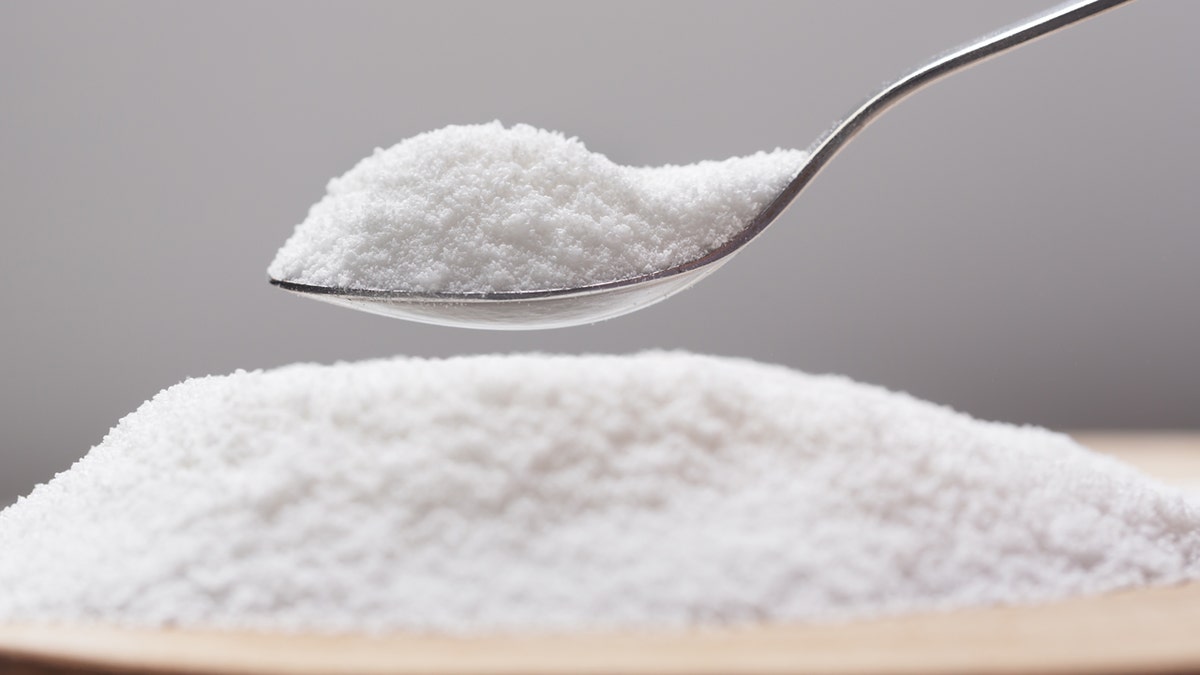
Sucralose, a widely used sugar substitute, increases activity in an area of the brain that regulates hunger, according to a recent study. (iStock)
"What we know from studies in animal models is that they have effects on the brain where the brain is interpreting the signal of sweetness but not getting any nutrient with it," she said.
"And that's kind of confusing the brain and making the animals hungrier. So, we wondered if that same mechanism might happen in humans."
CAN'T STOP THINKING ABOUT YOUR NEXT MEAL? IT'S CALLED FOOD NOISE, HERE'S WHAT TO DO
Page and her colleagues tested how 75 participants responded after consuming water, a drink sweetened with sucralose or a drink sweetened with regular sugar.
Sucralose increased hunger and activity in the hypothalamus, especially in people with obesity, the study revealed.
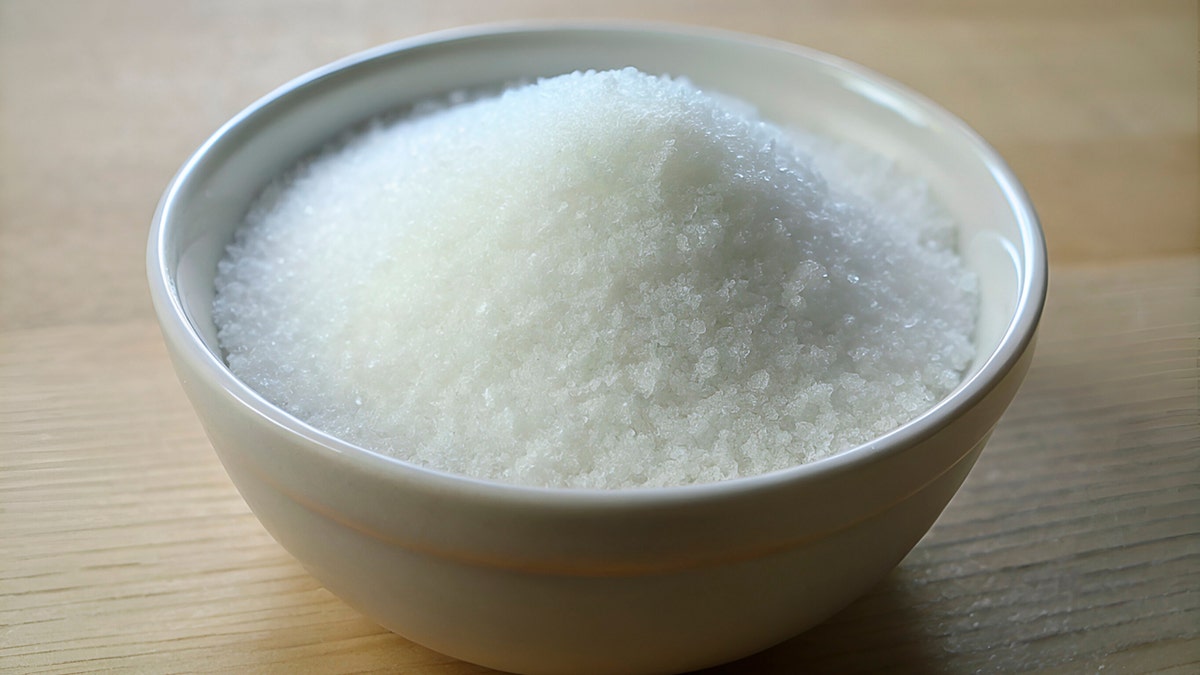
Sugar substitutes "may lead to greater cravings over time," a new study found. (iStock)
It also changed the way the hypothalamus communicates with other brain regions.
Unlike sugar, sucralose did not increase blood levels of certain hormones that create a feeling of fullness, according to the study.
CLICK HERE TO SIGN UP FOR OUR LIFESTYLE NEWSLETTER
Although it was just a short-term study, Page said, the data was clear that the brain's response to artificial sweeteners differs when compared to sugar or water.
"I don't recommend substituting noncaloric sweeteners for added sugars," Page said — pointing out that the study showed these sugar substitutes "may lead to greater cravings over time."
Splenda responded with a statement saying that "this small study had several limitations."
She suggested that more Americans should "try to wean [themselves] off all these added sweeteners" and stick to eating sugar that is "found naturally in fruits and vegetables."
Fox News Digital reached out to Sweet 'N Low and Splenda for comment.
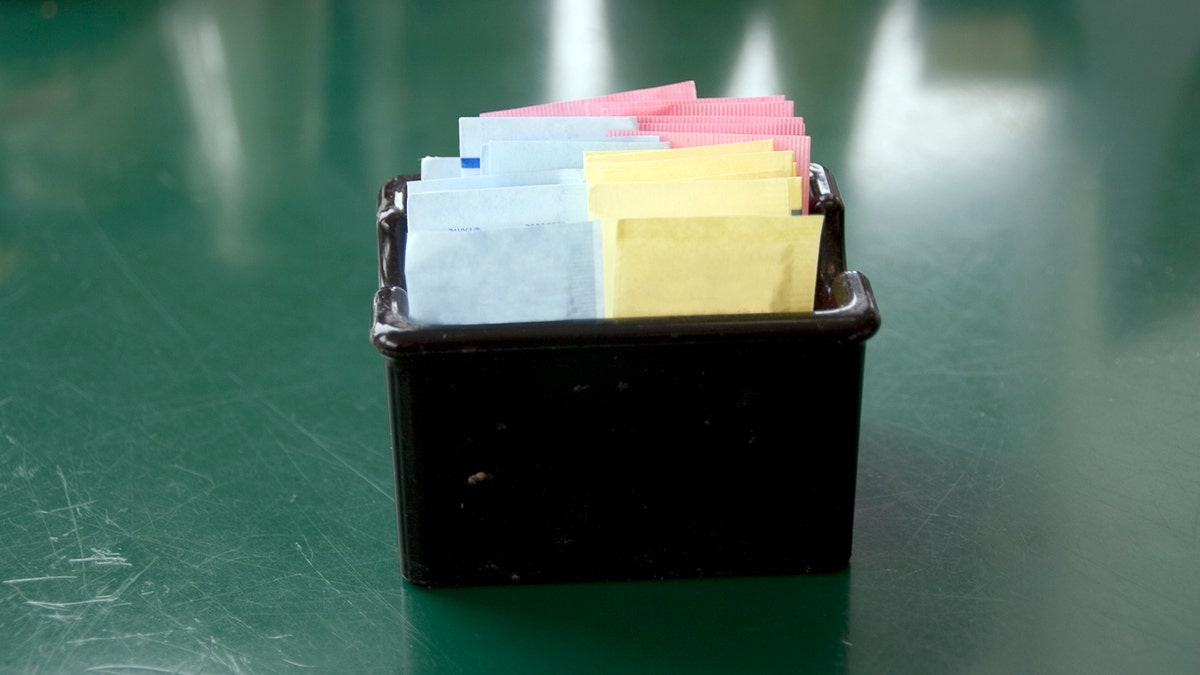
Sucralose is an ingredient found in popular artificial sweeteners. (iStock)
Splenda responded with a statement saying that "this small study had several limitations," including sample size and self-reported data.
For more Lifestyle articles, visit www.foxnews.com/lifestyle
Splenda's sucralose was not used in the study, but it "has undergone extensive, rigorous reviews by health authorities worldwide," including the U.S. Food and Drug Administration, a spokesperson for the company told Fox News Digital.
CLICK HERE TO GET THE FOX NEWS APP
"A wealth of trusted scientific research has consistently confirmed that sucralose does not affect blood glucose or insulin levels and is safe for regular consumption," the statement said.
"Also, numerous studies have found no link between the consumption of sweet-tasting foods or beverages and a long-term preference for sweetness."
Peter Burke is a lifestyle editor with Fox News Digital.

 21 hours ago
7
21 hours ago
7


